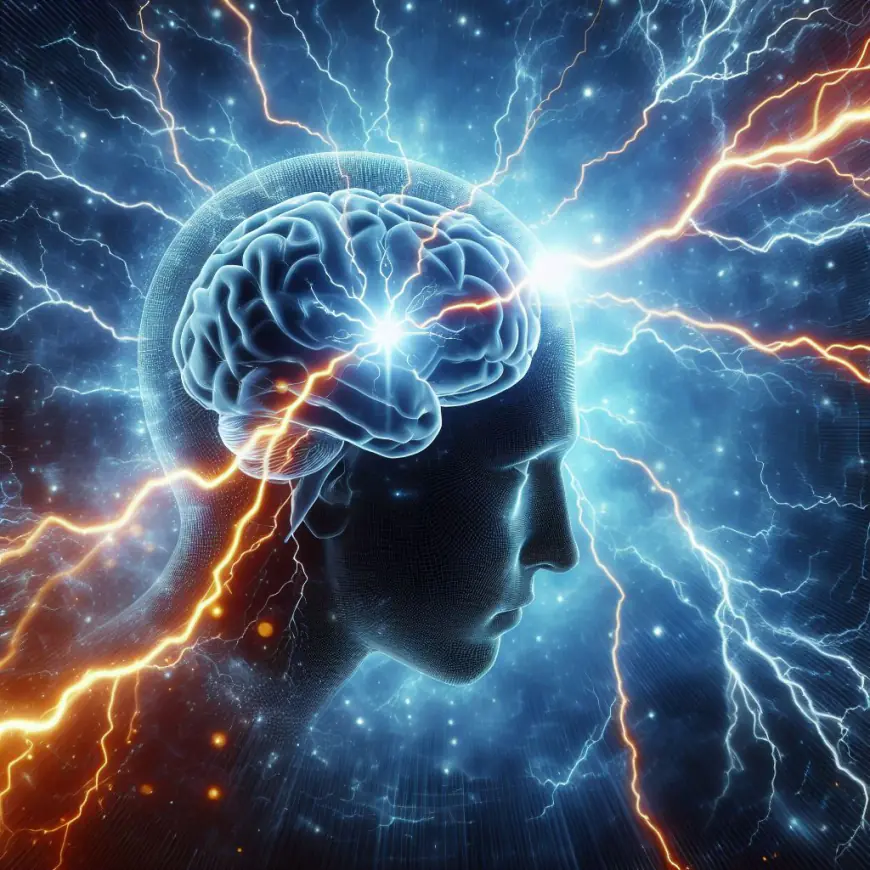Do Psychiatrists Really Treat People With Electricity?
“Unveiling ECT: Myths, Science, and Benefits”

Do Psychiatrists Really Treat People with Electricity? Debunking Myths and Unveiling the Science
Introduction
When it comes to mental health treatments, the field of psychiatry has seen its fair share of misconceptions and sensationalized portrayals. One such intriguing yet often misunderstood method is electroconvulsive therapy (ECT). Commonly referred to as “shock therapy,” ECT has a long and controversial history. But what exactly is ECT, and why do psychiatrists still use it today? Let’s delve into the science, dispel myths, and explore the reasons behind this unconventional treatment.
What Is Electroconvulsive Therapy (ECT)?
Electroconvulsive therapy involves the controlled administration of electrical currents to the brain. Yes, you read that right—electricity. But before you conjure up images of Frankenstein’s laboratory, let’s demystify ECT.
1. The Procedure: During an ECT session, electrodes are strategically placed on the patient’s scalp. These electrodes deliver precisely measured electrical pulses to induce a brief seizure. The process is conducted under anesthesia, ensuring the patient feels no pain or discomfort.
2. The Seizure: The induced seizure lasts for mere seconds, but its impact can be profound. Contrary to popular belief, ECT does not cause convulsions akin to those seen in epilepsy. Instead, it triggers a controlled, therapeutic seizure that affects specific brain regions.
3. The Mechanism: The exact mechanism of ECT remains a subject of ongoing research. However, it is believed to alter neurotransmitter levels, enhance neuroplasticity, and promote the growth of new neurons. Essentially, ECT aims to reset the brain’s circuitry.
Why Do Psychiatrists Use ECT?
Now that we understand the basics, let’s explore why psychiatrists continue to employ ECT despite its controversial reputation:
1. Treatment-Resistant Depression: ECT is primarily reserved for cases of severe depression that do not respond to standard antidepressant medications. When other treatments fail, ECT becomes a lifeline for patients battling relentless despair.
2. Rapid Relief: Unlike antidepressants, which may take weeks to show effects, ECT provides rapid relief. Within a few sessions, patients often experience significant improvements in mood and cognitive function.
3. Safety and Side Effects: ECT is remarkably safe when administered by trained professionals. Modern techniques minimize memory loss and other side effects. Patients can resume their daily activities shortly after the procedure.
4. Psychotic Disorders: ECT is also effective in treating certain psychotic disorders, such as schizophrenia. It can alleviate severe symptoms and prevent relapses.
5. Bipolar Disorder: For individuals with bipolar disorder, especially during manic episodes, ECT can stabilize mood and prevent self-harm.
6. Pregnancy and Elderly Patients: ECT is a viable option for pregnant women and elderly patients who cannot tolerate medications due to potential risks.
Debunking Myths
Let’s address some common misconceptions surrounding ECT:
1. “It’s Barbaric!”: ECT has evolved significantly since its early days. Anesthesia, muscle relaxants, and precise dosing ensure patient safety.
2. “Permanent Memory Loss”: While memory loss can occur, it is usually temporary and limited to the period around the ECT sessions.
3. “Zombification”: ECT does not turn patients into mindless zombies. Instead, it offers a chance at renewed hope and stability.
Conclusion
Electroconvulsive therapy remains a valuable tool in psychiatry’s arsenal. It bridges the gap for those who desperately need relief when other options fall short. So, the next time you hear about psychiatrists using electricity to treat mental illness, remember—it’s not science fiction; it’s science with compassion.
In a world where stigma still surrounds mental health treatments, ECT stands as a testament to the resilience of medical science. Let’s continue to demystify, educate, and embrace the complexities of mental well-being.
Note: Always consult a qualified psychiatrist to determine the most suitable treatment for your specific condition.
What's Your Reaction?








































